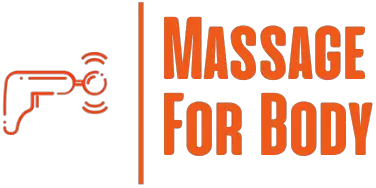Massage therapy has many benefits, however, there are certain situations when it is not recommended to have a massage. Knowing when not to have a massage is just as important as understanding when to get one. Knowing when to avoid a massage will help you stay safe and healthy. In this article, we will discuss the various situations when it is best to avoid a massage.
Contents
Types of Massage
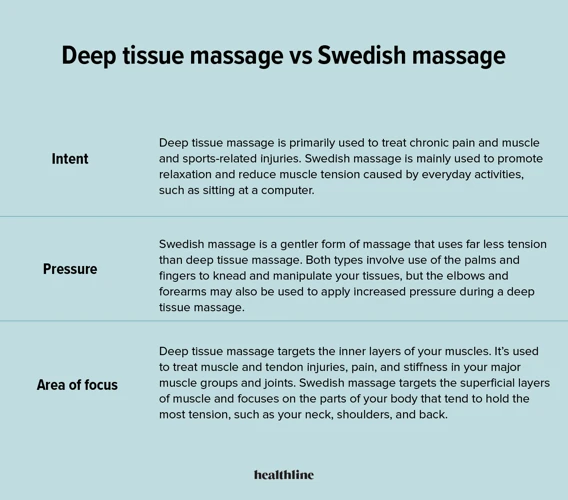
There are several types of massage available, and they can range from gentle to deep tissue. Swedish massage is the most common type of massage and involves light to medium pressure. Deep tissue massage is used to target deeper layers of muscle and connective tissue, while sports massage is designed to help athletes with injury prevention and recovery. Trigger point massage focuses on tight areas of tension in the body and acupressure is a type of massage that uses pressure points to release energy and promote healing.
When should you not get a massage? It is important to know that massage treatments are not suitable for everyone. Anyone with a fever, contagious illnesses, open wounds, or a weakened immune system should avoid massage. Injuries, bruises, and areas of inflammation should also be avoided. Additionally, if you’re pregnant, have a blood clotting disorder, or experience any other medical condition, you should consult with your doctor before getting a massage.
Swedish
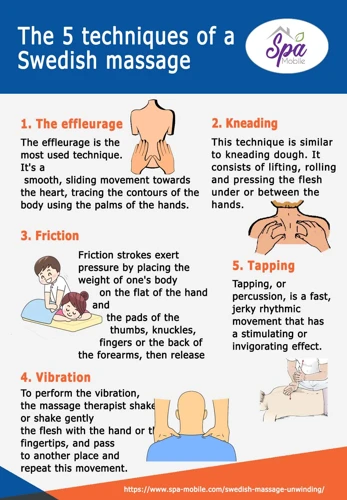
Swedish massage is a popular and relaxing massage technique that is commonly used to relieve tension and stress. While it is generally safe, Swedish massage is not recommended for people who have certain medical conditions, such as certain heart or vascular conditions, or for pregnant women. People who have had recent surgery, or a recent injury, should also avoid Swedish massage. People who are taking medications, such as blood thinners, should also avoid Swedish massage and speak with their doctor before having any massage. Additionally, Swedish massage should be avoided in cases of infection or inflammation.
Deep Tissue
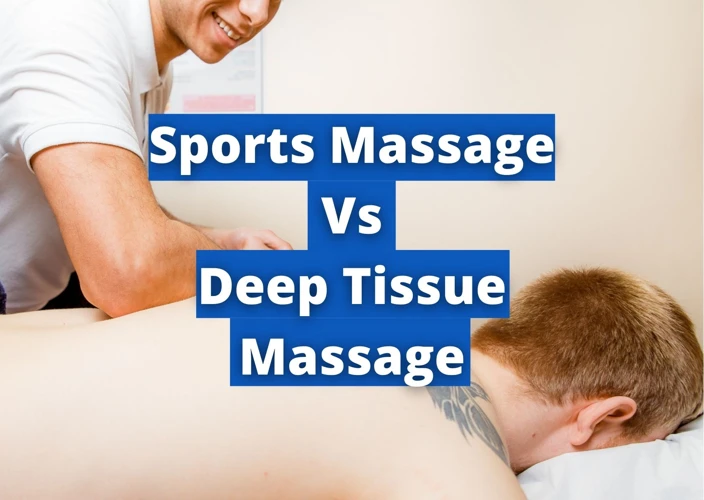
Deep tissue massage is an effective treatment for releasing chronic muscle tension, but it is not suitable for everyone. People with certain medical conditions, such as certain forms of cancer, tuberculosis, and serious heart conditions, should avoid deep tissue massage. It is also not recommended for people who are pregnant, have recently had surgery, or have had a stroke. People who are taking certain medications should also refrain from deep tissue massage, as it could interfere with their medications. Additionally, deep tissue massage can be painful, and people with certain conditions, such as rheumatoid arthritis, may find it too uncomfortable.
Table: When Not To Have Deep Tissue Massage
| Medical Condition | Avoid Deep Tissue Massage? |
|---|---|
| Certain forms of cancer | Yes |
| Tuberculosis | Yes |
| Serious heart conditions | Yes |
| Pregnant | Yes |
| Recently had surgery | Yes |
| Had a stroke | Yes |
| Taking certain medications | Yes |
| Rheumatoid arthritis | Yes |
Shiatsu
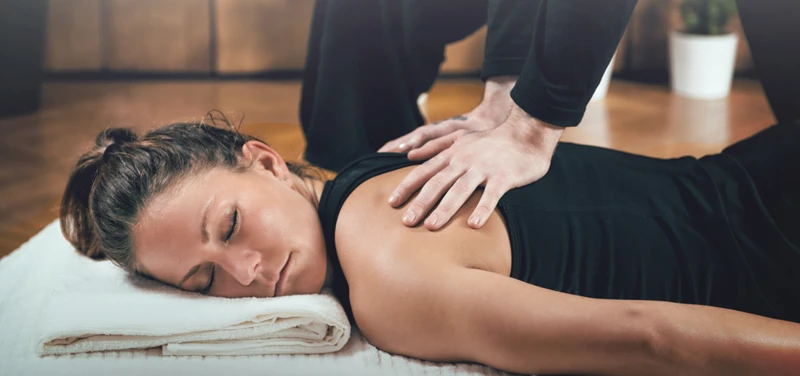
- Pregnancy: Shiatsu massage is not generally recommended for pregnant women.
- Recent Injury: If you have suffered an injury at any time, even recently, then it is best to wait until it is fully healed before having a shiatsu massage.
- Fever: If you have a fever, then it is best to avoid shiatsu massage.
- Skin Diseases: If you have any skin diseases or conditions, then it is best to avoid shiatsu massage.
- Broken Bones: If you have any broken bones, then it is best to avoid shiatsu massage.
Contraindications
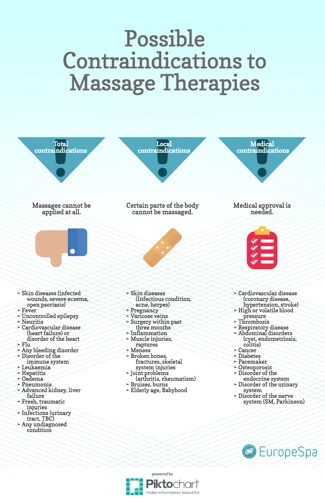
- Bleeding Disorders: Massage can increase bleeding and can worsen existing hemorrhage.
- Deep Vein Thrombosis: Massage can cause a clot to dislodge and travel to other parts of the body.
- Fever: Massage can cause a rise in body temperature, which can worsen an existing fever.
- Infectious Skin Diseases: Massage can cause the spread of skin diseases, both bacterial and viral.
- Inflammatory Diseases: Massage can worsen inflammation and cause further damage.
- Cancer: Massage can cause a spread of cancer cells, as well as increased discomfort.
- Joint Injury: Massage can cause further damage to an injured joint.
- Breast Cancer: Massage can cause a spread of cancer cells in the breast tissue.
- Pregnancy: Massage can cause stress on the developing baby, as well as increase the risk of miscarriage.
- Skin Lesions: Massage can cause the spread of skin lesions, both bacterial and viral.
Fever
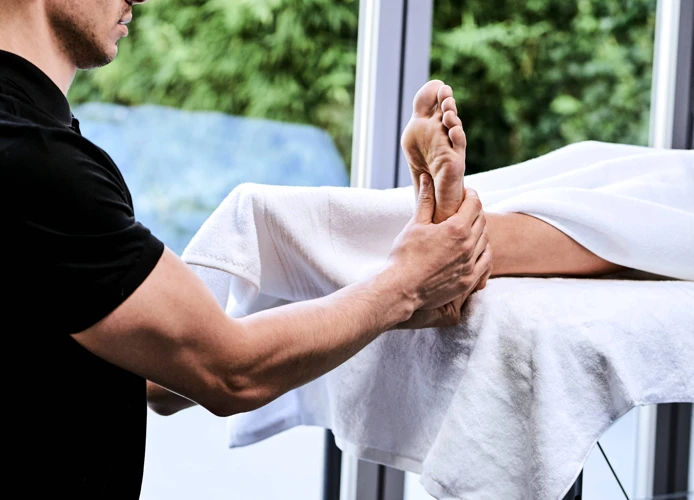
Avoid massage if you have a fever. Massage is not recommended when your body temperature is above normal, as it can further increase your temperature and cause other complications. A fever is usually a sign of an underlying illness or infection. Massage may make the condition worse, so it is best to consult a doctor and wait until the fever has passed before having a massage.
| When to Avoid Massage | Why |
|---|---|
| Fever | Massage can further increase your temperature and cause other complications. |
Inflammatory Conditions

It is generally not recommended that individuals suffering from inflammatory conditions receive a massage, as it can cause further irritation and even pain. Some inflammatory conditions that may be worsened by massage include:
| Condition | Description |
|---|---|
| Arthritis | Any condition that causes inflammation of the joints. |
| Tendinitis | Inflammation of a tendon, usually caused by overuse. |
| Bursitis | Inflammation of the bursa, the fluid-filled sacs that cushion tissues and tendons. |
| Gout | A form of arthritis caused by a buildup of uric acid in the body. |
Additionally, massage can cause further inflammation of any areas that are already red or swollen. If you are suffering from any kind of inflammatory condition, it is best to consult your doctor before receiving a massage.
Varicose Veins
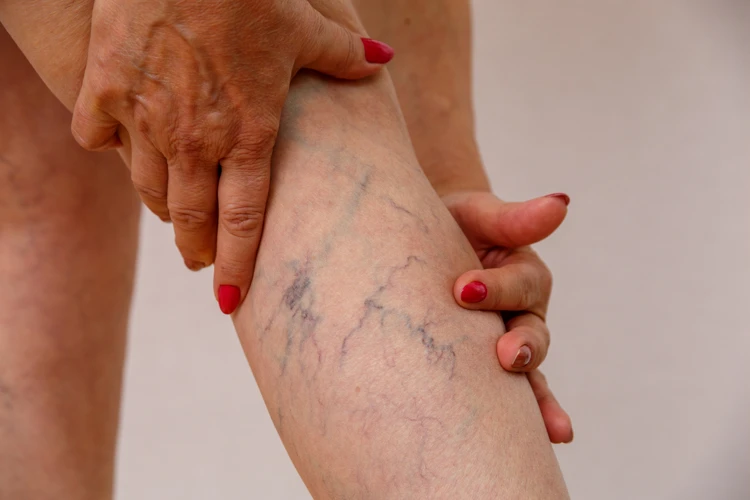
When not to have a massage: one should avoid massage if they have varicose veins. Varicose veins are caused by weakened valves and walls in the veins of the legs, resulting in the pooling of blood in the veins. This can cause discomfort and pain, and massage can exacerbate the issue.
If you have varicose veins, it is best to consult with a doctor before getting a massage. If your doctor clears you for a massage, consider using a light massage technique to reduce the risk of further complications.
In addition to avoiding massage, those with varicose veins should also consider the following lifestyle changes:
- Exercise regularly
- Elevate your legs when resting
- Avoid standing for long periods of time
- Wear compression stockings
These lifestyle changes can help improve blood circulation, reduce swelling, and alleviate pain from varicose veins.
Severe Arthritis
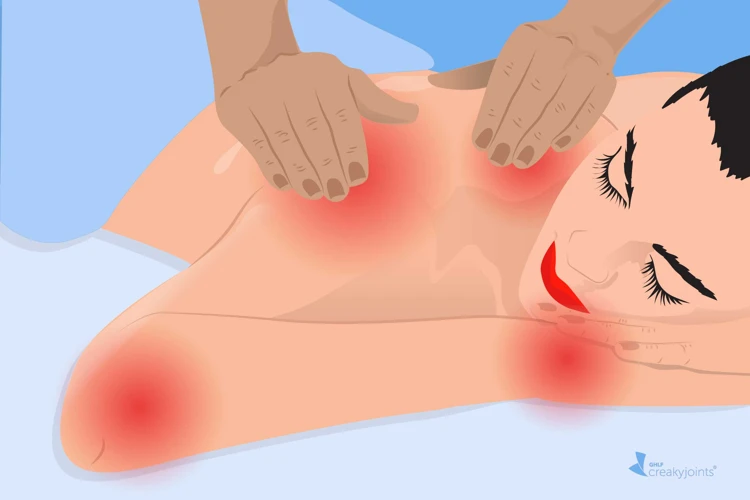
Massage therapy is not recommended for those who suffer from severe arthritis. Arthritis is an inflammation of the joints that can cause joint pain, swelling, stiffness, and loss of function. When not to have a massage, those with severe arthritis should avoid a massage as the pressure and manipulation of the massage can further aggravate the inflamed joints. For those with mild to moderate arthritis, a massage may be beneficial, but should be discussed with a doctor first.
When should you not get a massage, those with severe arthritis should avoid massage therapy altogether. Instead, they should discuss other treatment options with their doctor.
Cancer
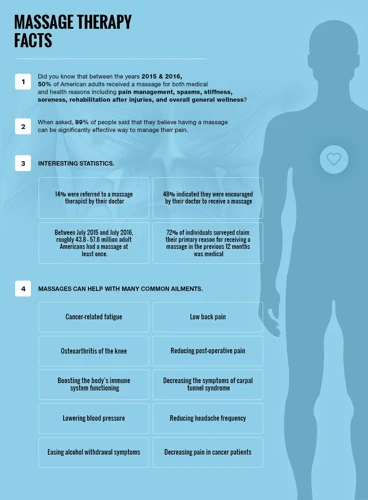
Massage therapy is not recommended for people who are currently undergoing cancer treatment or who are in remission from cancer. Massage can cause the affected area to become inflamed, leading to further complications. If you have a history of cancer or you are currently undergoing treatment, it is best to avoid massage. Consult with your doctor to ensure that massage therapy is safe for you.
Cardiac Conditions
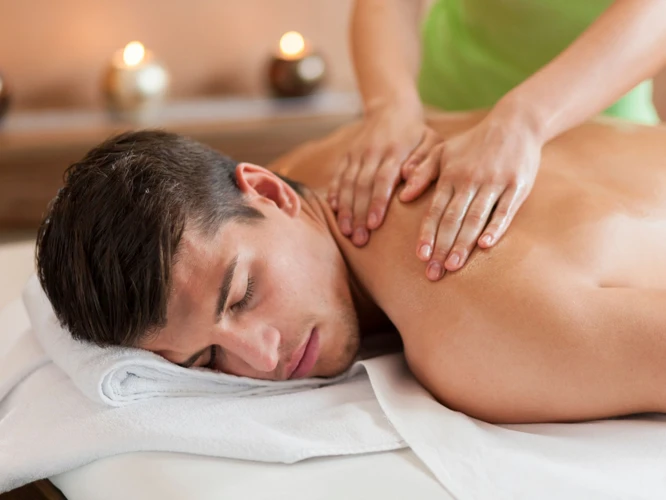
People with certain cardiac conditions should not have a massage. These include those who have had a heart attack, have severe angina, a heart valve disorder, congestive heart failure, or any other serious cardiac condition. If you have any of the above conditions, it is best to consult your doctor before getting a massage. People with high blood pressure should also consult their doctor before getting a massage.
If you have any of these conditions, it is important to understand that a massage can increase your heart rate and put undue stress on your heart. If you decide to get a massage, make sure to inform your massage therapist about your cardiac condition. This will allow them to modify the massage treatment to ensure your safety.
In conclusion, those with cardiac conditions should not have a massage without consulting their doctor. If you decide to get a massage, make sure to inform your massage therapist about your condition. This will ensure that you stay safe and healthy when not to have a massage.
Keywords: when not to have a massage, when should you not get a massage
Pregnancy
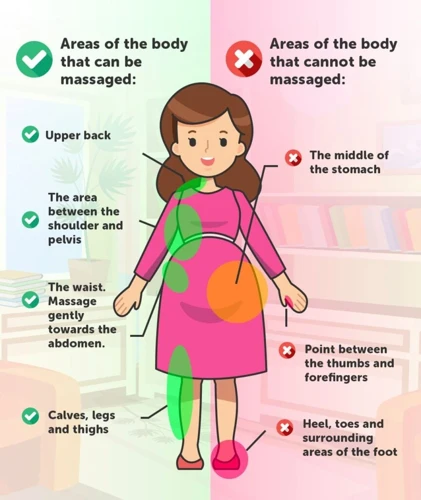
When Not to Have a Massage: Massage therapy during pregnancy is generally considered safe when performed by a trained, certified therapist. However, there are cases when massage is not recommended or should be avoided. These include the first trimester, when the risk of miscarriage is highest, and any time there is a high-risk pregnancy. It is also important to inform your massage therapist about any health conditions or medications you are taking. If you are unsure, it is wise to consult your doctor before receiving a massage.
| When Not to Have a Massage: | When Should You Not Get a Massage? |
|---|---|
| First trimester | High-risk pregnancy |
| Health conditions | Medications |
It is also important to communicate any discomfort or pain to your massage therapist as soon as it occurs. Massage should never hurt, and if it does, it should be stopped immediately.
Precautions
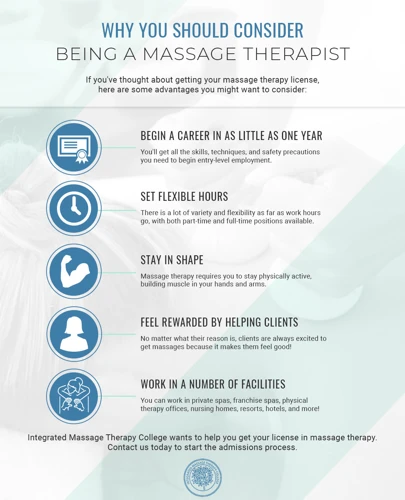
- Pregnant women: Prenatal massages can cause complications, so it’s best to avoid them unless your doctor advises otherwise.
- Infections: If you have an infection or contagious disease, it’s best to avoid getting a massage until it has cleared up.
- Recent surgery: You should wait at least six weeks after surgery before getting a massage.
- Open wounds: You should not get a massage if you have open wounds or cuts. This can increase your risk of infection.
- Fever: You should avoid getting a massage if you have a fever or other signs of illness.
- Skin conditions: If you have an active skin condition such as eczema or psoriasis, you should avoid getting a massage until it has been treated.
- Medications: Certain medications may interact with massage, so it’s important to talk to your doctor before getting one.
Appropriate Equipment
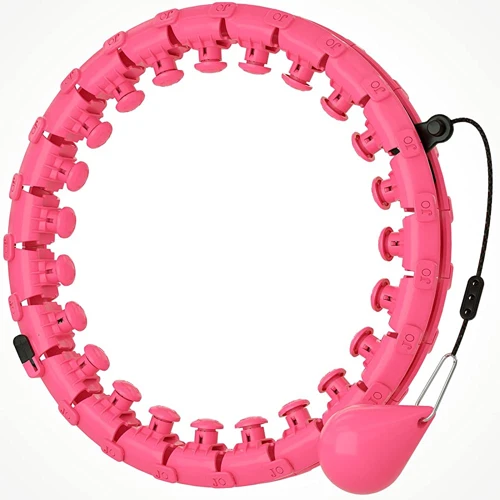
- Clean Towels: Make sure the massage therapist is using clean, freshly-washed towels and linens. If the towel or linen is stained or looks dirty, don’t hesitate to ask for a new one.
- Properly Cleaned Tables: Massage tables should be properly cleaned and disinfected after every use. Ask your therapist about their cleaning and disinfecting routine.
- High Quality Oils and Lotions: Make sure that the massage therapist is using high quality oils and lotions that are free of additives and fragrances. All oils and lotions should be non-toxic and hypoallergenic.
- Sanitary Footwear: Footwear should be sanitary and should not be worn outside of the massage room. Make sure that the massage therapist is wearing sanitized (and preferably disposable) shoes.
When not to have a massage, when should you not get a massage? If there is any doubt about the massage therapist’s equipment or hygiene practices, it is best to avoid the massage session. Make sure that the massage therapist is using appropriate equipment and is following the proper hygiene protocols.
Clean Environment
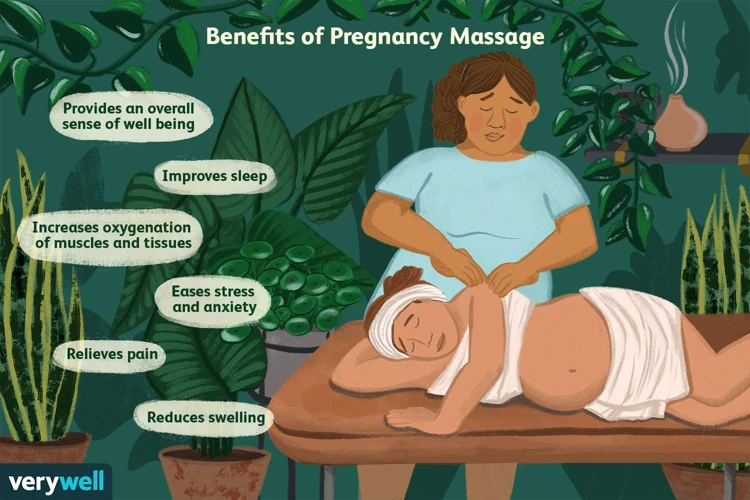
It is essential to ensure that the massage environment is clean and hygienic before having a massage. Unsanitary conditions can transmit infections and diseases. Before getting a massage, you should check the massage table and other equipment for cleanliness. Avoid getting a massage in an environment that is not properly cleaned and disinfected.
When not to have a massage, it is also important to make sure that the massage therapist is wearing gloves and a face mask. If you do not see any protective clothing being worn, then it is best to look for another massage therapist.
Table:
| Situation | Recommendation |
|---|---|
| Clean Environment | Check the massage table and other equipment for cleanliness. Avoid getting a massage in an environment that is not properly cleaned and disinfected. |
| Protective Clothing | Make sure that the massage therapist is wearing gloves and a face mask. |
Professional Training
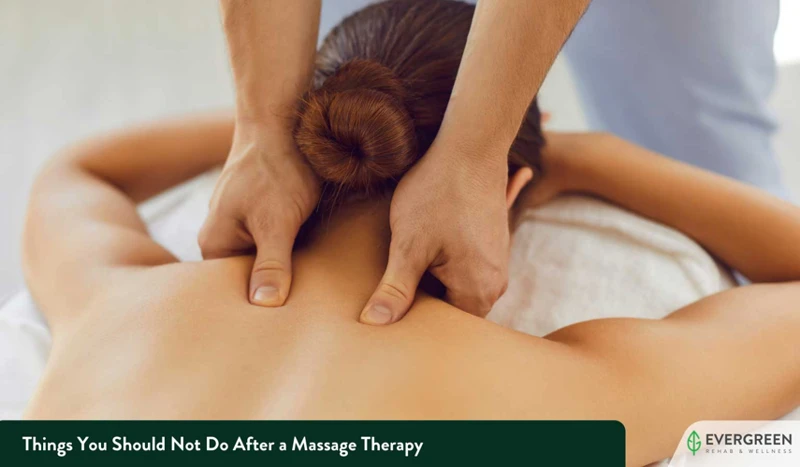
When Not to Have a Massage: Avoid These Situations to Stay Safe and Healthy
- Massage therapists must have professional training and certifications to be licensed.
- Make sure to check the certification of your massage therapist before making an appointment.
- Ask about the education, training, and experience of the massage therapist.
- Confirm that the massage therapist is licensed in the state you are visiting.
When receiving a massage, it is important to ensure that the massage therapist has the proper training, certification, and experience. Massage therapists must be certified and licensed before they can provide their services. Professional training includes courses in anatomy, physiology, massage therapy, nutrition, and other health-related topics. Many states require that massage therapists take a certain number of continuing education courses in order to maintain their licenses.
To ensure your safety and health, it is important to ask about the education, training, and experience of the massage therapist before you make an appointment. Also, confirm that the massage therapist is licensed in the state you are visiting. If you are unsure, contact the state licensing board to verify the therapist’s credentials.
Benefits of Massage
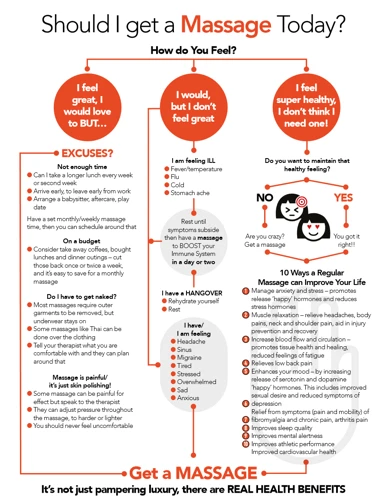
- Enhances circulation and helps the body to heal itself
- Reduces stress and anxiety
- Improves sleep
- Reduces muscle tension and soreness
- Improves flexibility and range of motion
- Provides relaxation
- Increases endorphin levels for a natural feeling of wellbeing
However, there are certain times when massage should be avoided. People with certain medical conditions, pregnant women, and those who are recovering from a surgery should not get a massage. Massage should also be avoided if you have any of the following conditions:
- Infection or open sores
- Recent or healing fractures
- Severe osteoporosis
- Varicose veins
- Thrombosis
- Recent surgery
- High blood pressure
- Pregnancy
If you have any of these conditions, it is best to consult with your doctor before having a massage. Your doctor can advise you on the best course of action for your particular condition.
Risks of Massage
- Infection. Bacteria from massage tools, such as stones and towels, can cause infection when left unclean. It can also be spread from one person to another.
- Allergies. People with allergies may have a reaction to massage oils, lotions, or creams.
- Bruising. Deep tissue massage can cause temporary bruising, especially if you are pregnant.
- Burns. Burns can occur from heated massage tools or oils that are too hot.
- Nerve damage. Deep tissue massage can cause nerve damage if the pressure is too strong.
When deciding when not to have a massage, it is important to understand the risks involved. Massage can be beneficial, but it can also cause harm if not done properly. Be aware of the potential risks and take precautions to ensure your safety. If you have any medical conditions or are pregnant, consult your healthcare provider before getting a massage.
Frequently Asked Questions
What are the Risks of Getting a Massage When I’m Sick?
Massage therapy can help relieve stress, reduce muscle tension and improve circulation, but getting a massage when you are sick can be dangerous. The risks of getting a massage when ill include increased risk of infection, further deterioration of the illness, and potential spread of the illness to the massage therapist. The massage therapist may also be at risk of developing the same illness, especially if they come into contact with the saliva of the person receiving the massage. Therefore, it is best to avoid getting a massage when you are feeling unwell.
What physical conditions should prevent me from having a massage?
Massage therapy is not advised when any of the following physical conditions are present: open wounds, contagious skin conditions, fever, inflammation, fractures, deep vein thrombosis, severe arthritis, cancer, recent surgery, severe osteoporosis, severe hypertension, or organ transplant. Individuals with these conditions should consult with their doctor before booking a massage.
What should I do if I’m pregnant and considering a massage?
- Consult with your doctor before having a massage.
- Let your therapist know if you are pregnant.
- Tell your therapist about any pregnancy-related discomfort.
- Avoid deep tissue massage and areas prone to contractions.
- Use extra pillows and blankets for comfort and support.
- Opt for a massage with a pregnancy cushion or table.
- Choose a therapist with specialized training in prenatal massage.
Pregnant women should be cautious when considering a massage. Consult with your doctor beforehand and let your therapist know if you are pregnant. Be sure to tell your therapist about any pregnancy-related discomfort you may be experiencing. It is important to avoid deep tissue massage, as well as areas prone to contractions, such as the lower back. Extra pillows and blankets should be used for comfort and support. A massage with a pregnancy cushion or table is preferable. It is also advisable to choose a therapist with specialized training in prenatal massage.
Are There Any Medications That Could Interact With a Massage?
Certain medications, such as blood thinners, can increase your risk of bruising or bleeding during a massage. Pain medications, muscle relaxants, and some antibiotics may also interact with massage, so it is important to check with your doctor before booking a massage if you are taking any medications.
Are there any situations where a massage could worsen my condition?
Yes. Massage therapy should not be used in certain conditions or situations, including:
- If you have a contagious skin condition or infection, such as chickenpox, shingles, or warts.
- If you have an open wound or abrasion.
- If you have an acute musculoskeletal injury.
- If you have an acute medical condition, such as a fever or high blood pressure.
- If you have a blood clotting disorder or are taking blood thinning medication.
- If you are pregnant, massage therapy should be avoided without the approval of your obstetrician.
You should also avoid massage therapy if you are feeling pain or discomfort in any area of your body.
Conclusion
Massage therapy is a great way to relax and reduce stress, but there are certain situations when it is not safe or healthy to have a massage. If you have a fever, are pregnant, or have certain medical conditions, you should avoid massage therapy until you receive approval from your doctor. It is also important not to have a massage if you are feeling unwell, have any open wounds or cuts, or are under the influence of drugs or alcohol. Following these precautions can help you stay safe and healthy when having a massage.
